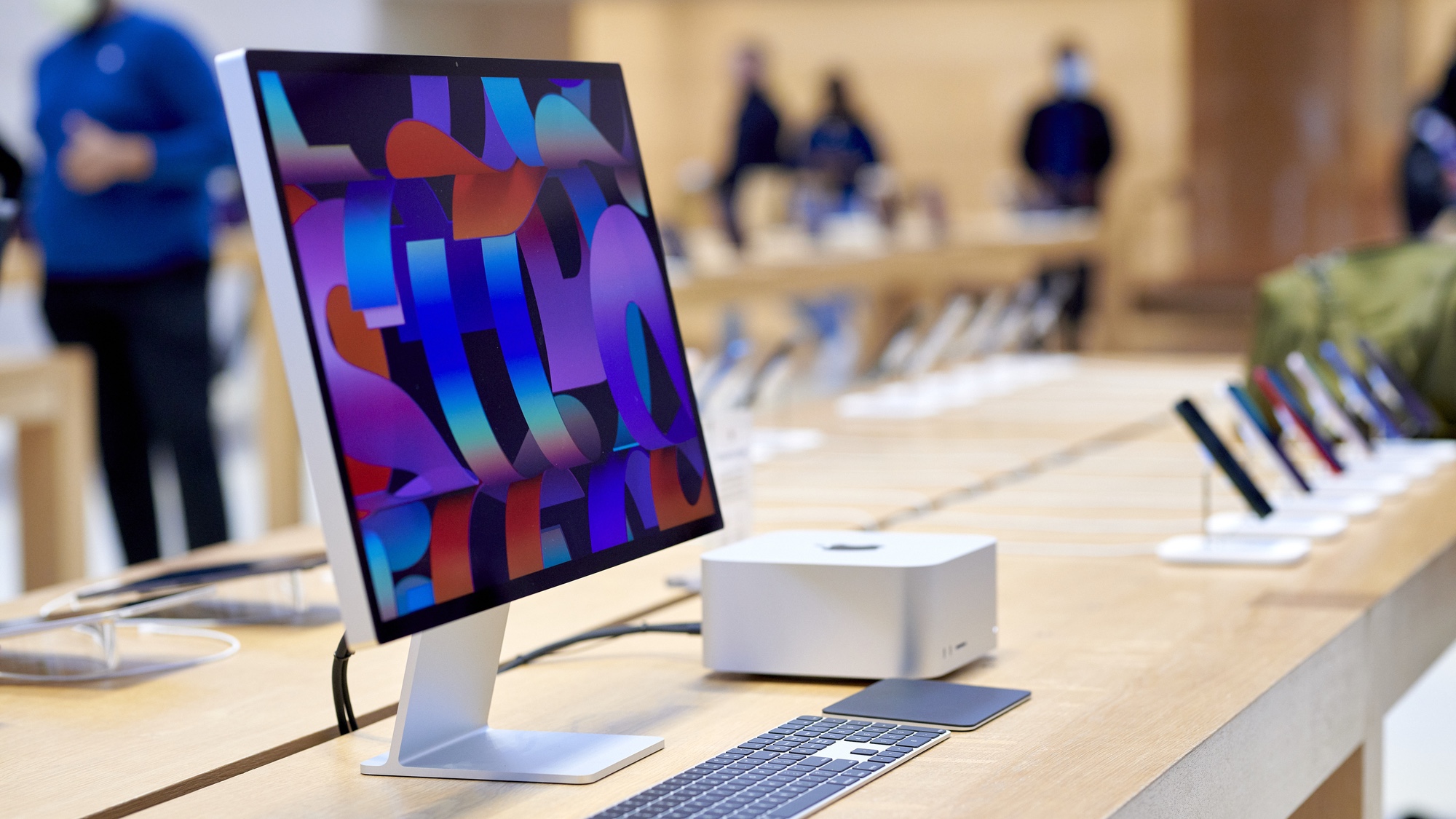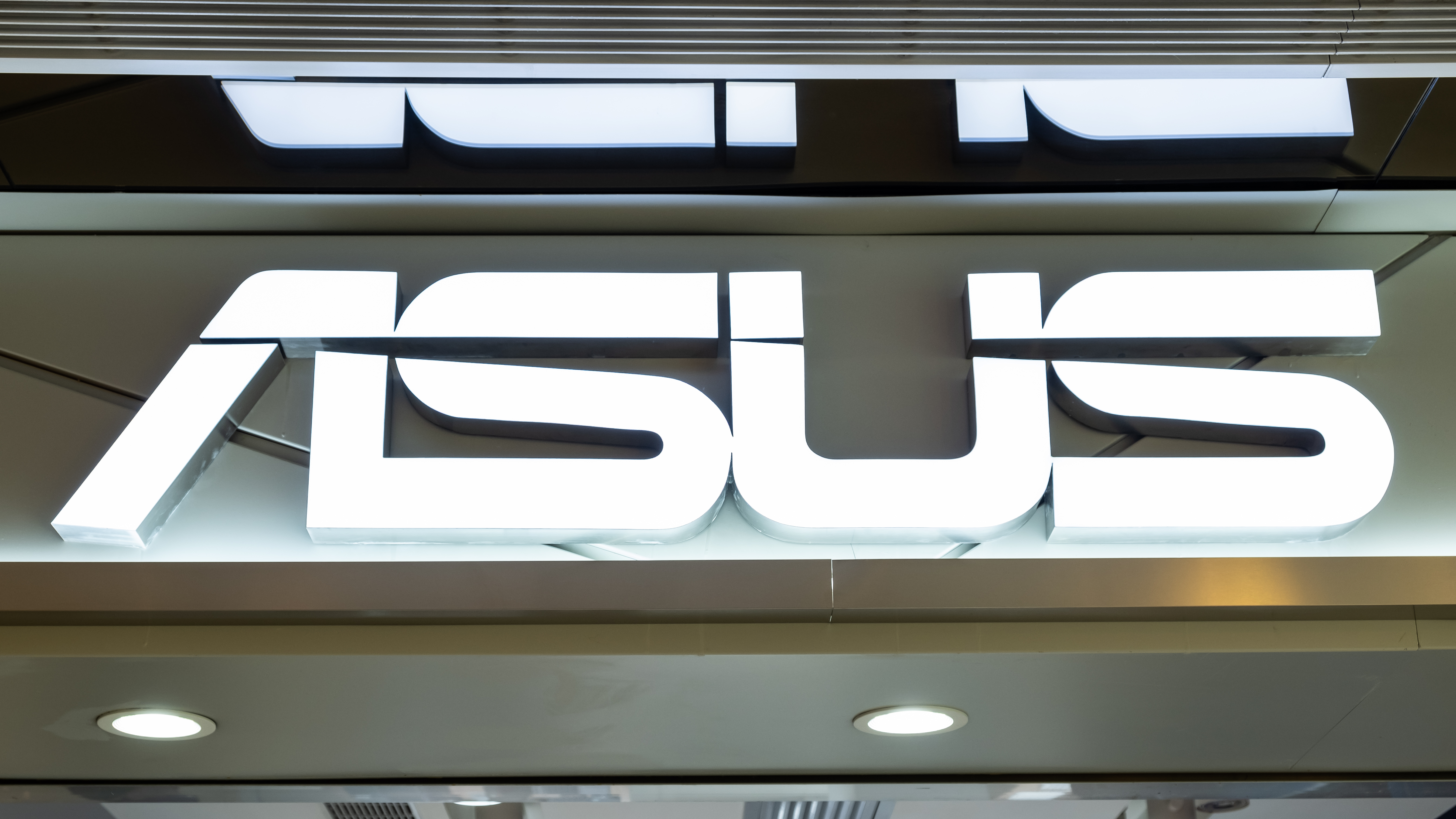Mac wait times are long — and Apple doesn't know when it will get better
Apple sees supply issues lasting through June

Getting your hands on a new Mac or new iPad has proven tricky this year. And Apple doesn't expect the situation to improve as we head into the summer.
Announcing sales and earnings figures for its fiscal second quarter ending in March, Apple executives told Wall Street analysts that supply constraints had an impact on the company's bottom line during the first three months of the year. And Apple is forecasting that supply constraints will continue throughout the June quarter.
Specifically, Apple warned that supply constraints related to Covid-19 shutdowns at factories where the company's products are assembled, coupled with ongoing silicon shortages, could impact sales by $4 billion to $8 billion in the current quarter. That's likely to raise eyebrows among investors, but for shoppers, it could also mean that certain products are hard to come by.
Then again, you don't need to listen to Apple's earnings call to know that ordering certain Apple products can mean a long wait. Things have calmed down somewhat for the iPad recently after a rough quarter for Apple's tablets — the iPad was the only business segment that didn't see revenue grow during the March quarter. As of this writing, though, iPad models were available for next day delivery across the board in the San Francisco Bay area, with one exception: orders for the iPad 10.2 (2021) won't ship until next week.
| Product | Expected delivery |
| iPad Pro (11- and 12-inch) | Next-day delivery |
| iPad Air | Next-day delivery |
| iPad | May 2 |
| iPad mini | Next-day delivery |
| MacBook Air (M1) | May 4-May 6 |
| MacBook Air (13-inch) | Next-day delivery |
| MacBook Air (14- and 16-inch) | June 6-June 20 |
| Mac mini (256GB) | Next-day delivery |
| Mac mini (512GB) | May 4-May 6 |
| Mac Studio (M1 Max) | May 6-May 13 |
| Mac Studio (M1 Ultra) | June 20-July 4 |
"The iPad remained significantly supply-constrained throughout the [March] quarter," Apple chief financial officer Luca Maestri told analysts.
It's the Mac lineup that's being hardest hit by supply constraints at the moment. Only the 13-inch MacBook Pro and 256GB Mac mini were available for next-day delivery when we did a check of Apple's online store. All other models faced delays of at least a week in the case of the MacBook Air M1 to mid-June for the 14- and 16-inch MacBook Pro models. Place an order for the Mac Studio powered by an M1 Ultra chipset, and you may not see your new desktop until the fireworks start going off on the Fourth of July.
During its call with analysts, Apple said it was continuing to monitor Covid-related shutdowns in China, though most assembly facilities in what CEO Tim Cook described as "the Shanghai corridor" were already back online and ramping up production.
Sign up to get the BEST of Tom's Guide direct to your inbox.
Get instant access to breaking news, the hottest reviews, great deals and helpful tips.
Changes related to Covid-19 and components weren't enough to stop Apple's growth during the just-completed March quarter. The company reported $97.3 billion, a 9% increase from the previous year and a new March quarter record. The iPhone, Mac and wearables/home/accessories segments all posted March quarter records for sales on their own, while the services segment hit an all-time high with $19.8 billion in sales.
It's that business that figures to help Apple's bottom line as it gets its supply chain back in order. Services include everything from Apple's subscription streaming services for movies, games and music to its mobile payments business. Given the large installed base of Apple devices — Maestri noted it's at all all-time high — that's a lot of people potentially using Apple services even if they're twiddling their thumbs waiting for new hardware to ship.
We’re not really forecasting when we can be out of the silicon shortage.
— Tim Cook
Cook couldn't say when Apple would be able to reduce the wait times for Macs. "We’re working hard," he said in response to an analyst question about Mac lead times. "We’ve got lots of customers that we want to get the new Macs to."
"We’re not really forecasting when we can be out of the silicon shortage," Cook continued. "So that would be a difficult answer. I think the Covid piece of it I hope is a transitory kind of issue. And so I would hope that it would get better over time."
Left unsaid during the earnings briefing yesterday (April 28) was whether issues with factory shutdowns and parts shortages might impact future products like the iPhone 14, which is expected to come out this fall. That's partly by design — Apple always declines comment on unannounced products and the expected iPhone 14 release date is so far in the future, it would be difficult to give a definitive answer, even if the company wanted to. But just as with the wait times for Apple's existing products, it's a situation worth keeping an eye on.
Philip Michaels is a Managing Editor at Tom's Guide. He's been covering personal technology since 1999 and was in the building when Steve Jobs showed off the iPhone for the first time. He's been evaluating smartphones since that first iPhone debuted in 2007, and he's been following phone carriers and smartphone plans since 2015. He has strong opinions about Apple, the Oakland Athletics, old movies and proper butchery techniques. Follow him at @PhilipMichaels.

